Buddeez Pet Food and Bird Seed Dispenser, 32 qt.
The bag-in Buddeez 14 Pet Food & Bird Seed Dispenser provides consumers with the option of dispensing their bagged pet foods straight from the original package into the bird food container. The 32 quart bird food storage bin features an easy-to-pour handle and dual-pour flip top for pouring. Bird food storage is made from 100% FDA approved food contact-safe resin.
The bag-in Buddeez 14 Pet Food & Bird Seed Dispenser provides consumers with the option of dispensing their bagged pet foods straight from the original package into the bird food container. The 32 quart bird food storage bin features an easy-to-pour handle and dual-pour flip top for pouring. Bird food storage is made from 100% FDA approved food contact-safe resin.
- Measures 19 in.” L x 10 in.” W x 20 in.” H
- Clear pet food/bird seed container with white lid
- 2 year limited warranty
- Bird food storage bin holds 32 quarts
- Bird food storage features easy-to-poor handle
- Dual-pour flip top
- Made from 100% FDA approved contact-safe resin
Additional information
| Capacity | 36 qt. |
|---|---|
| Features | Stackable |
| Primary Color | White |
| Primary Material | Resin |
| Product Height | 20 in. |
| Product Length | 10 in. |
| Product Weight | 7 lb. |
| Product Width | 19 in. |
| Warranty | 1 Year |
| Manufacturer Part Number | 14 |

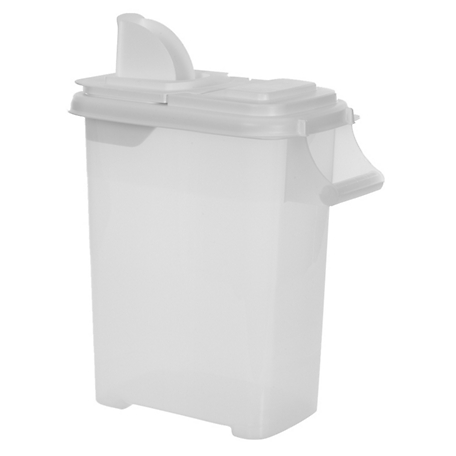
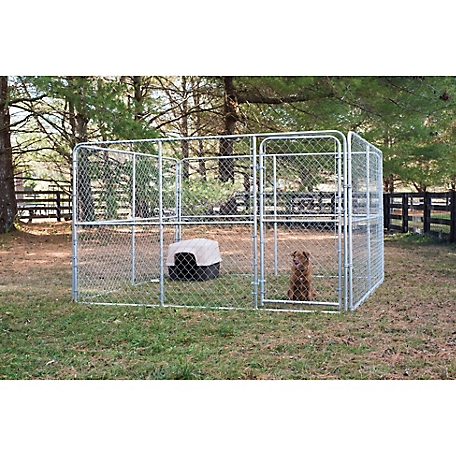
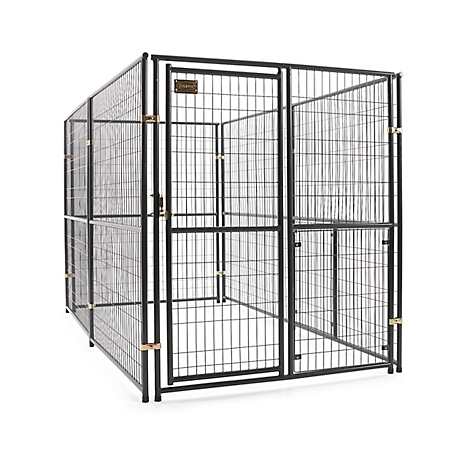
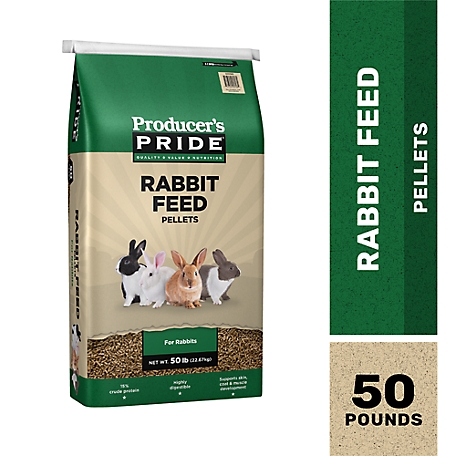
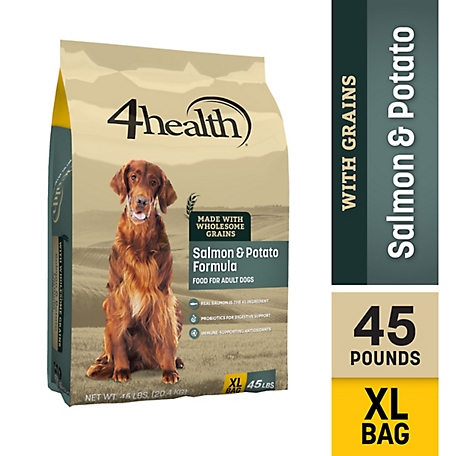
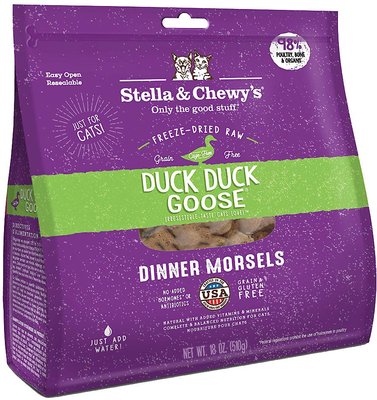
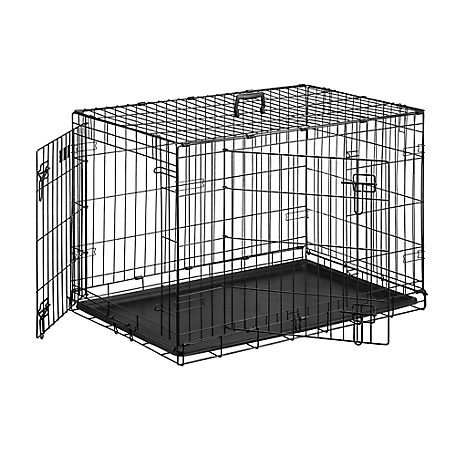
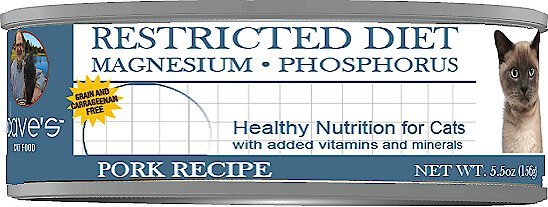
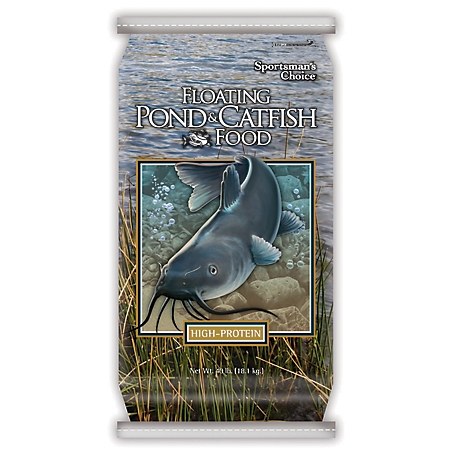
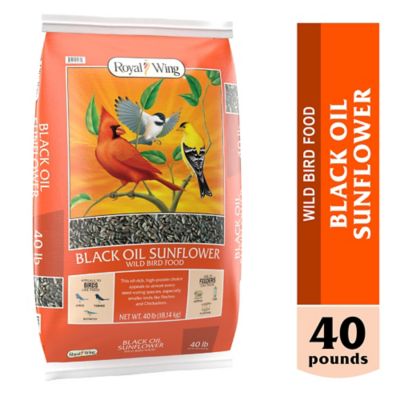
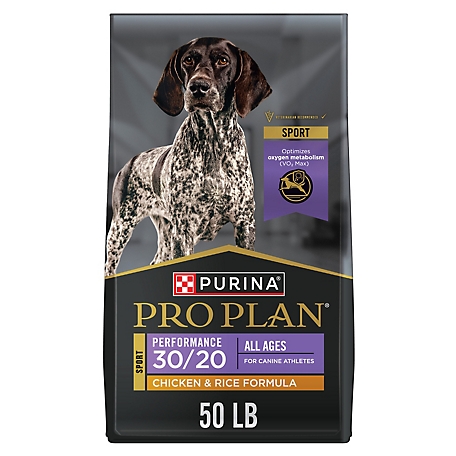
by Jim
Just what I needed. High quality product.
by Buellman
Large enough for my bird feed and easy to pour out and half the price as Amazon.
by Picky
This is a good, solid container, and was easy to fill with the seed I ordered. My dogs don’t bother it, and more importantly, neither does my cat! Now I just need a scoop for it, because I’m not strong enough to lift the whole thing with the seed in it to use the pourable lid to fill the bird feeder with the seed. Otherwise, it works as designed. The lid fits the container, nice and tight.
by Steve
Perfect size for small bags of birdseed or potting soil! Sturdy and easy to store and carry.